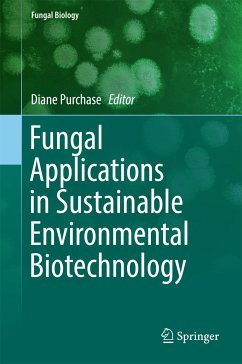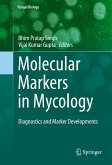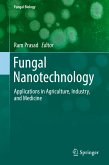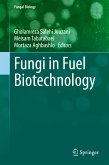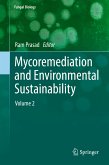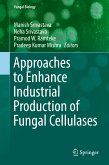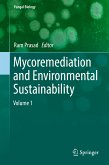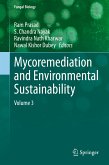Fungi are distinct eukaryotic organisms renowned for their remarkable biodiversity and and extensive habitat range. Many fungal species have long been exploited for food and medicines. This volume considers other important applications of fungal biotechnology especially in an environmental context, showcasing the essential contributions of these amazingly versatile organisms. It explores how fungi offer sustainable solutions to tackle various environmental concerns. Written by eminent experts in their fields, this work presents a broad array of current advances and future prospects in fungal environmental biotechnology and discusses their limitations and potential. The book is organized in five parts, each addressing a theme of the UN Sustainable Development Goals (SDG): strengthen food security (Zero Hunger), wastewater treatment (Clean Water & Sanitation), pollution reduction (Life on Land), biofuel production (Affordable & Clean Energy) and biosynthesis of novel biomolecules (Responsible Consumption & Production).
Dieser Download kann aus rechtlichen Gründen nur mit Rechnungsadresse in A, B, BG, CY, CZ, D, DK, EW, E, FIN, F, GR, HR, H, IRL, I, LT, L, LR, M, NL, PL, P, R, S, SLO, SK ausgeliefert werden.

